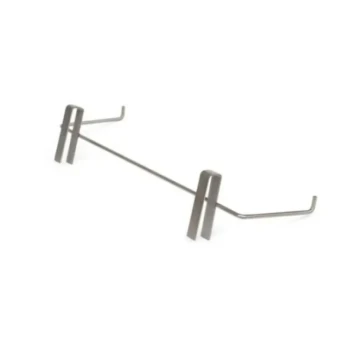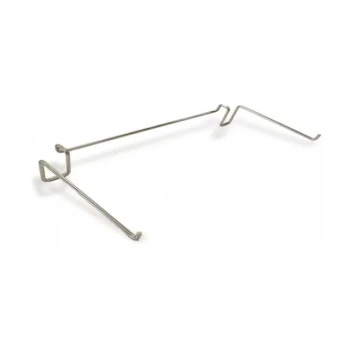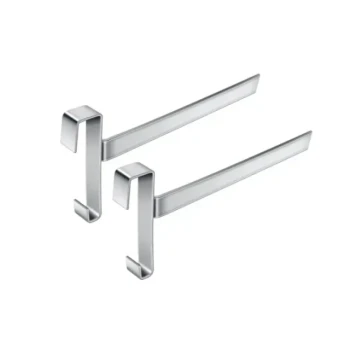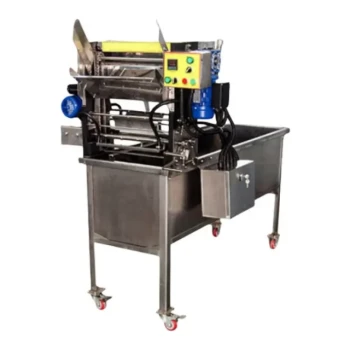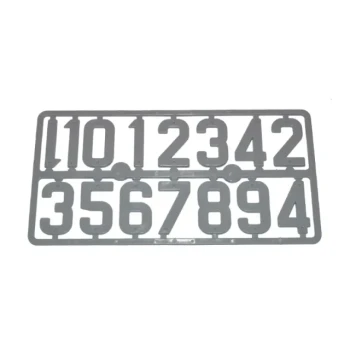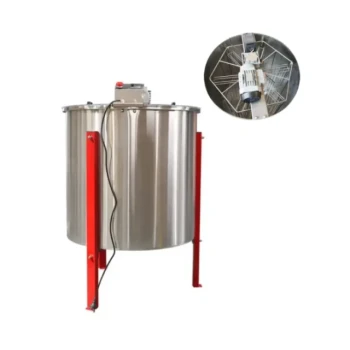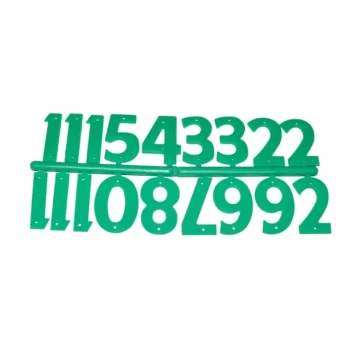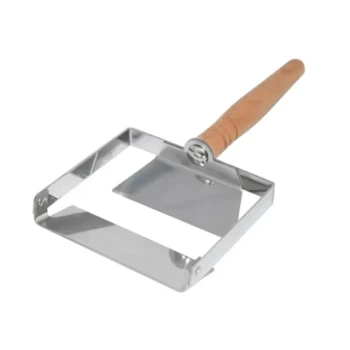Leaving honey frames in a corner until spring is a costly mistake because it creates an open invitation for a destructive pest: the wax moth. These moths are a common and significant threat to stored beekeeping equipment, and their larvae can completely ruin unprotected wax comb in a matter of weeks.
The core issue is vulnerability. A beehive has a dedicated workforce to patrol and defend its comb, but once removed and stored, that comb is defenseless. Proper storage is not a suggestion; it is a required practice to preserve the valuable resource your bees worked so hard to build.
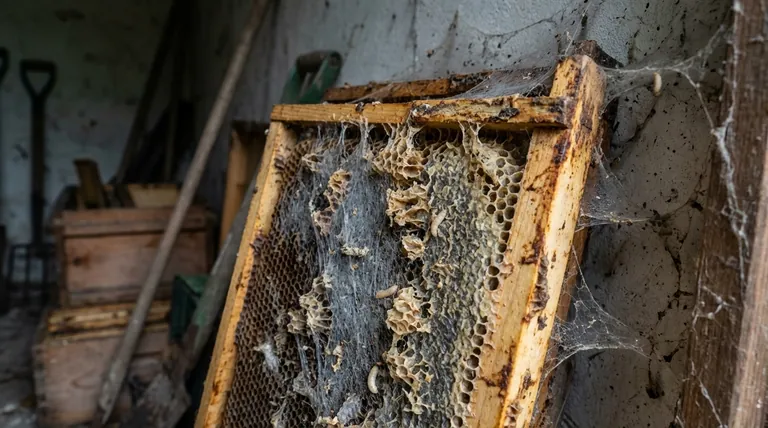
The Primary Threat: Understanding the Wax Moth
The reason you cannot simply set frames aside is due to the lifecycle of this pervasive pest. Protecting your comb means understanding your enemy.
What Are Wax Moths?
Wax moths are insects that specifically target beeswax. The adult moths themselves do no harm, but they seek out unprotected comb to lay their eggs.
How Larvae Destroy Comb
Once the eggs hatch, the moth larvae begin to tunnel through the wax. They consume residual honey, pollen, and bee cocoons left in the cells, leaving behind a destructive path of webbing and debris.
An unchecked infestation will reduce beautifully drawn-out comb to a shredded, web-filled mess that is completely unusable by the bees and unrecoverable by the beekeeper.
Why Stored Frames are a Perfect Target
In an active hive, worker bees constantly patrol the comb, removing wax moth eggs and larvae before they can establish. Your stored frames lack this 24/7 security detail, making them an ideal and defenseless nursery for the pests.
Proper Storage: A Beekeeper's Defensive Strategy
Protecting your frames requires creating an environment where moths cannot survive or access the comb. This is a critical part of your annual beekeeping cycle.
Step 1: Kill Existing Pests
Before storing, it's wise to assume eggs or small larvae may already be present. Freezing the frames for 48-72 hours is a highly effective, chemical-free method to kill all life stages of the wax moth.
Step 2: Create a Moth-Proof Environment
After ensuring the frames are pest-free, store them in a way that prevents re-infestation. This often involves stacking hive boxes (supers) on top of one another and sealing any cracks or joints with duct tape.
Place a sealed top and bottom on the stack to create a contained, protected column. Store this stack in a cool, dry location like a garage or shed.
Step 3: Consider Approved Fumigants
For larger operations, beekeepers may use commercially available products designed specifically for protecting stored comb. These products act as a fumigant inside the sealed stack of boxes.
It is absolutely critical to use only products approved for beekeeping equipment and to follow the manufacturer's directions for dosage and ventilation precisely.
Common Pitfalls to Avoid
Simple mistakes can lead to the complete loss of your stored comb. Awareness is the best prevention.
The "Too Cold" Fallacy
Do not assume an unheated shed or garage will remain cold enough all winter to protect your frames. A few unexpectedly warm days can be enough for moth eggs to hatch and larvae to become active.
The Dangers of Contamination
Never use household mothballs containing naphthalene. This chemical is highly toxic to bees and can be absorbed by the wax and wood, contaminating your hive and honey for years to come.
Ignoring Brood Comb
Frames that once held brood (bee larvae) are even more attractive to wax moths than pure honey frames because they contain more protein from shed cocoons. These frames require the most vigilant protection.
Making the Right Choice for Your Goal
Your storage method depends on the scale of your operation and your access to equipment.
- If your primary focus is simplicity with a few frames: Freeze each frame for 48 hours, then place them in large, sealed plastic bags or airtight bins for storage.
- If your primary focus is storing multiple boxes of frames: Create sealed stacks of your hive boxes and use an approved fumigant like Para-Moth, carefully following all safety and ventilation instructions.
- If your primary focus is a chemical-free, large-scale approach: Store frames in a well-ventilated, bright, and airy location. The constant airflow and light can deter moths, though this method is less certain than sealed storage.
Protecting your drawn comb through the off-season is a direct investment in the health and productivity of your colony next spring.
Summary Table:
| Storage Mistake | Consequence | Recommended Action |
|---|---|---|
| Leaving frames in a corner | Wax moth larvae destroy comb | Freeze frames, then seal in bags or bins |
| Storing in an unheated shed | Temperature fluctuations allow infestation | Create sealed stacks of hive boxes |
| Using household mothballs | Toxic contamination of wax and wood | Use only approved beekeeping fumigants |
| Ignoring brood comb | Higher risk due to protein content | Apply most vigilant protection methods |
Protect your investment and ensure your apiary's success next season. The drawn comb your bees worked hard to build is a valuable asset. Don't let pests destroy it. HONESTBEE supplies commercial apiaries and beekeeping equipment distributors with the wholesale supplies and equipment needed for proper, effective storage.
Contact HONESTBEE today to discuss your equipment needs and safeguard your comb.
Visual Guide
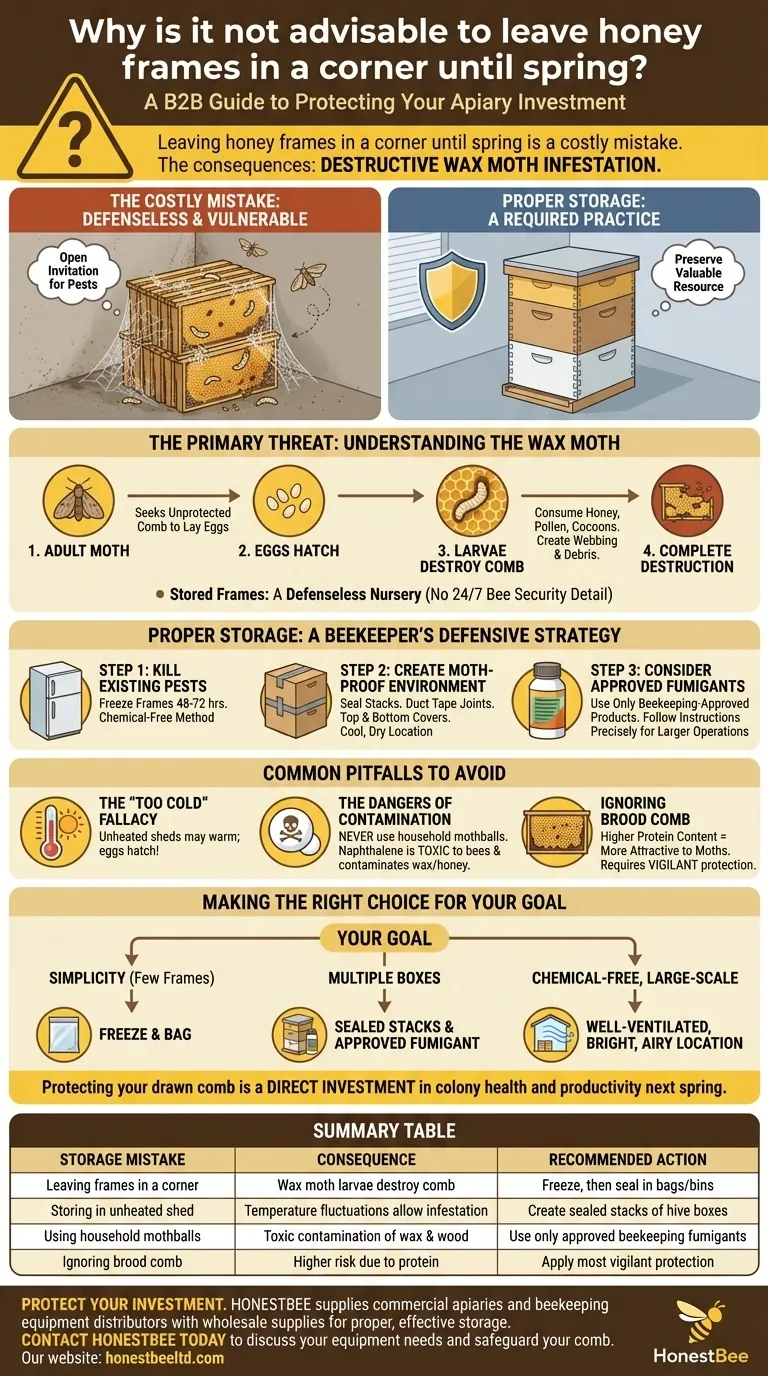
Related Products
- Heavy-Duty Stainless Steel Clip-On Frame Perch
- Wholesales Dadant Size Wooden Bee Hives for Beekeeping
- Automatic Honey Flow Beehive 4 Frame Mini Hive for Beekeeping
- JZBZ Langstroth Queen Rearing Frame for Beekeeping
- Heavy-Duty Stainless Steel Frame Perch
People Also Ask
- What is the function of a frame perch? Enhance Your Hive Inspections and Ensure Colony Safety
- What are the disadvantages of using a combination of deep and medium boxes? Avoid Costly Incompatibility Issues
- How does the beehive frame perch improve hive inspections? Boost Efficiency & Protect Your Hive
- What options are available for the frame perch? Choose Between 1-Piece or 2-Piece Designs
- How many frames can the beehive frame perch hold? Organize Your Hive Inspections with Ease
